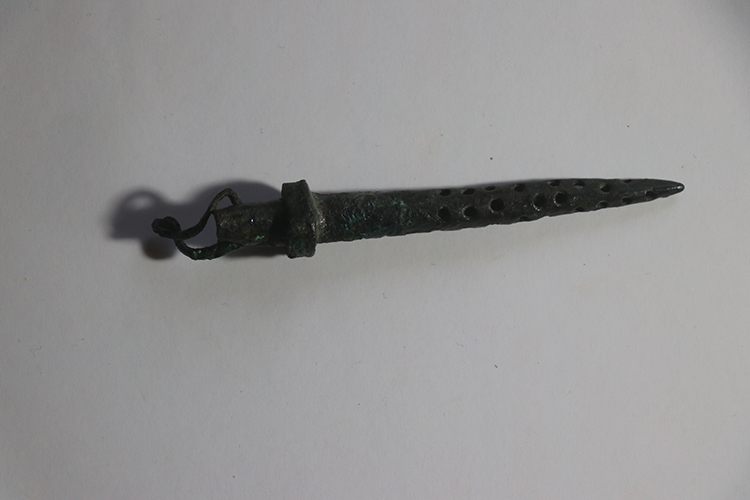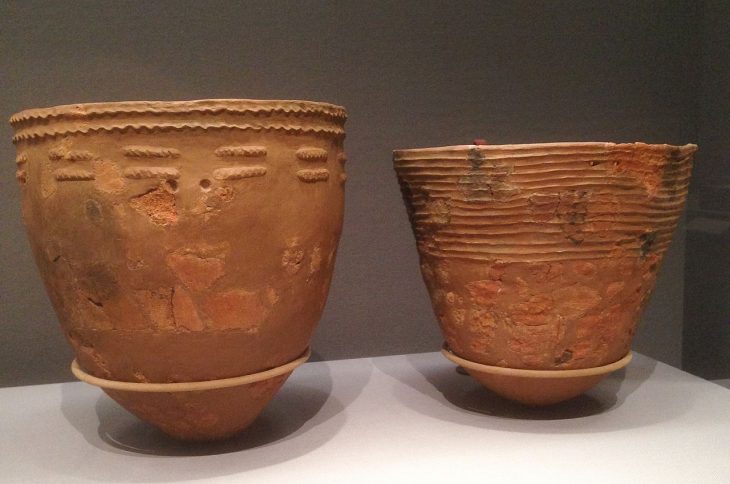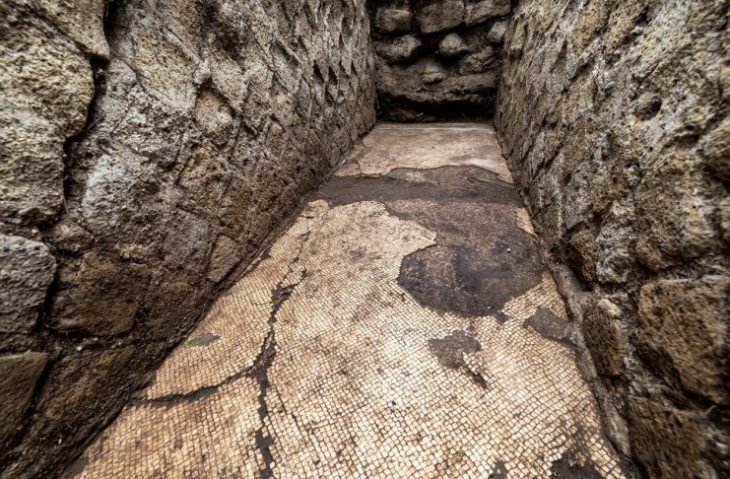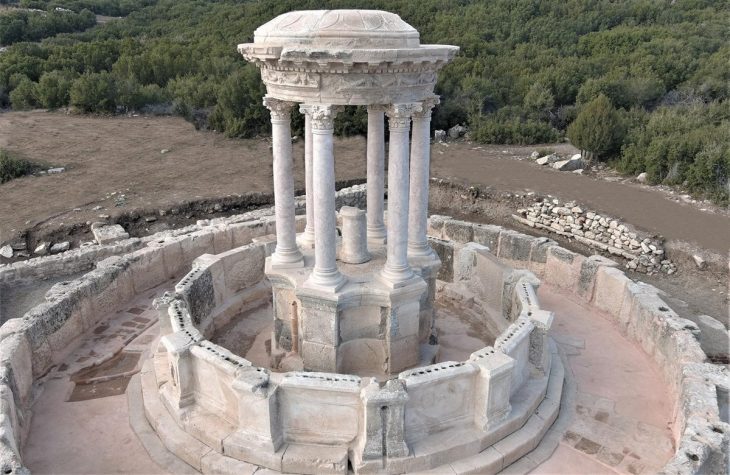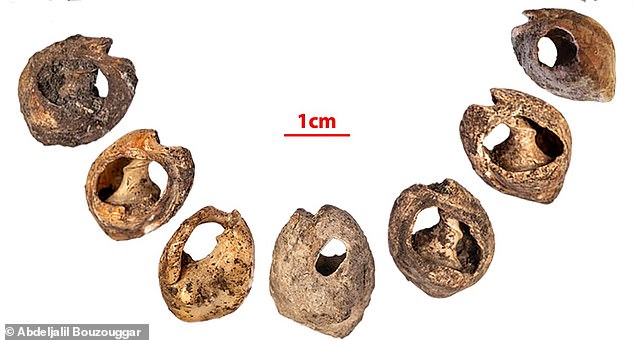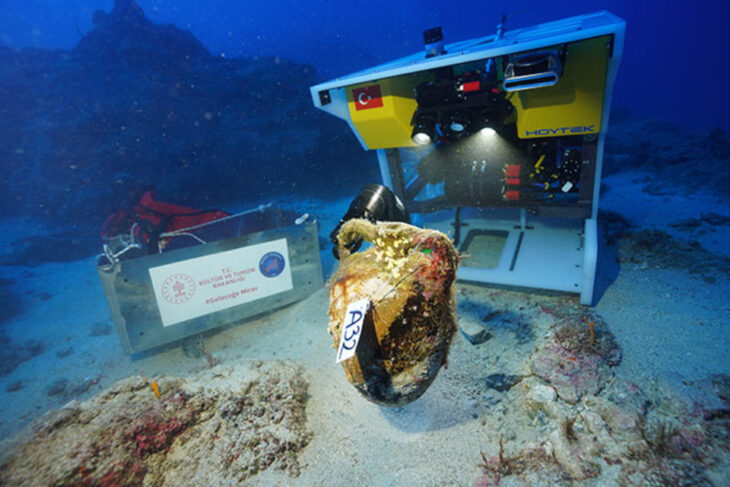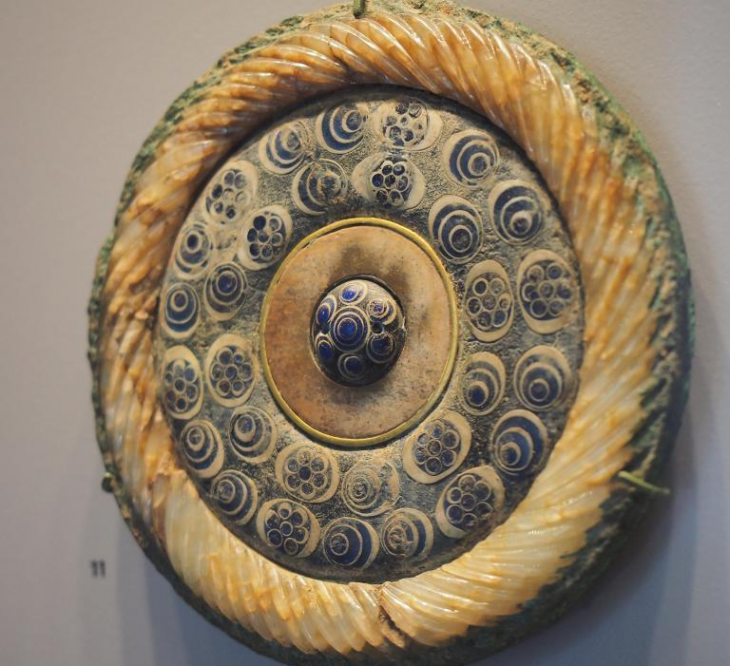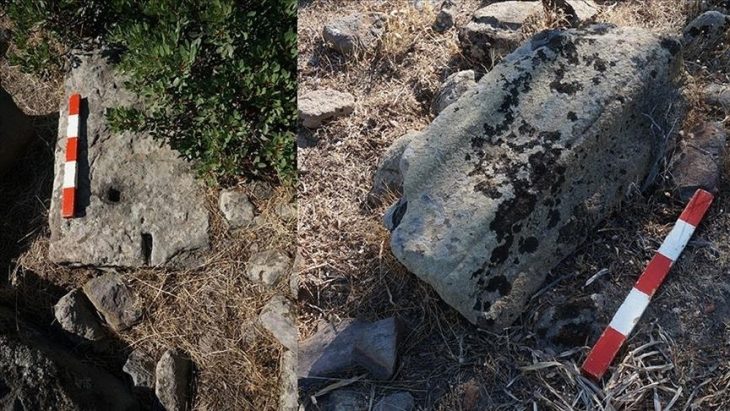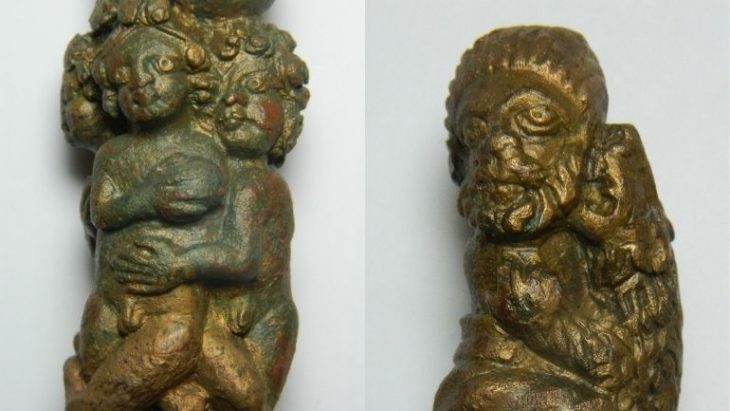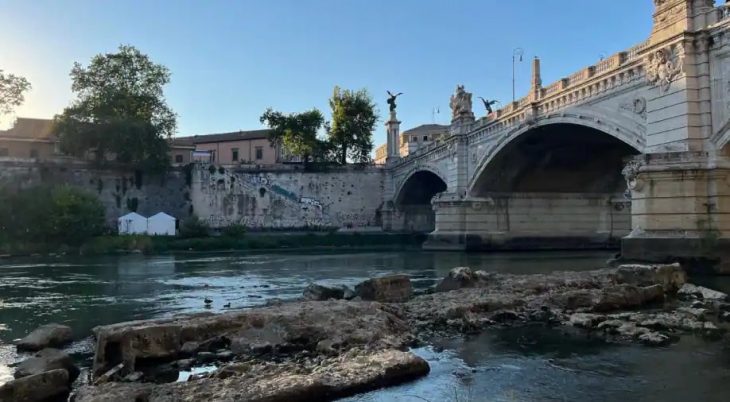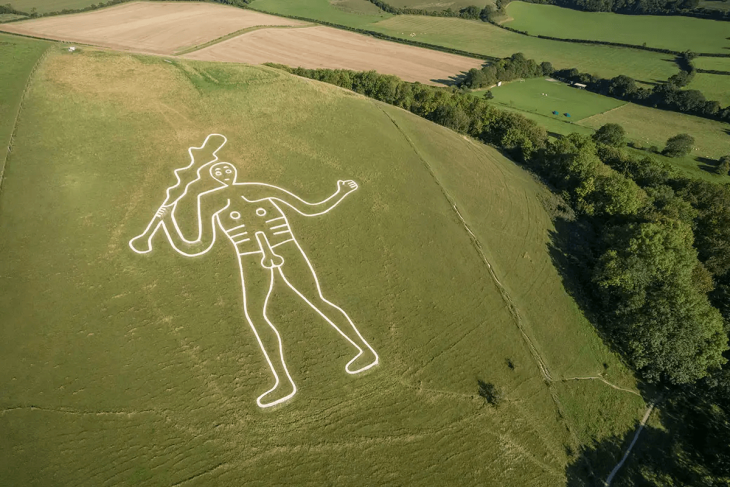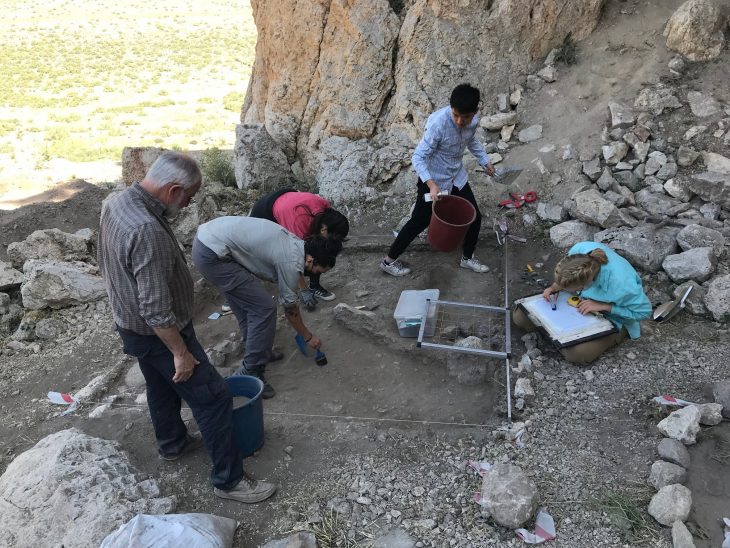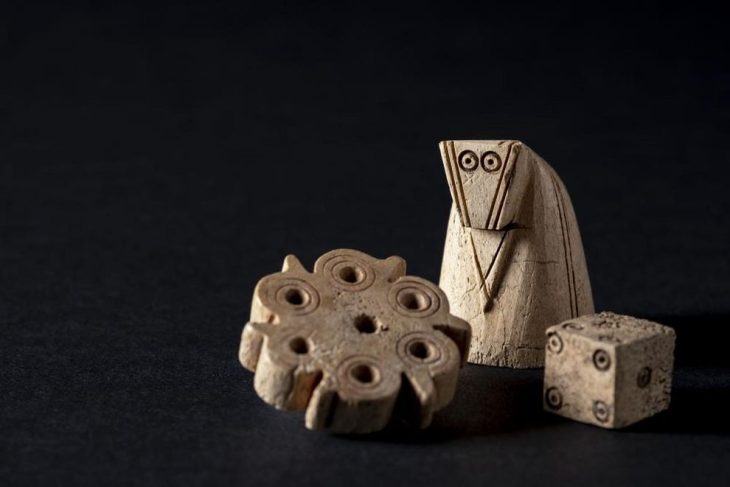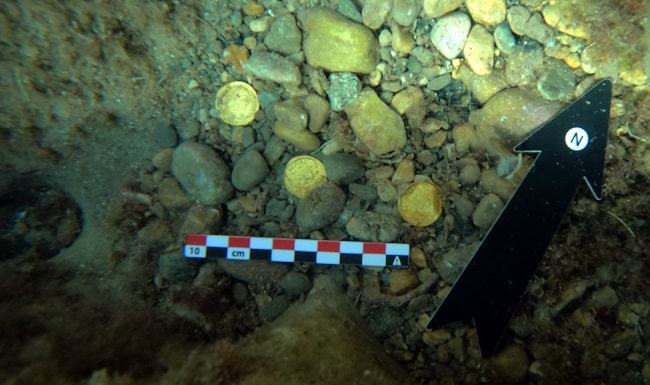Archaeologists excavating at Hadrianopolis in Karabük, Türkiye, have unearthed a 5th-century AD bronze filter used in Roman and Byzantine times to purify beverages before consumption.
Excavation and restoration efforts at the ancient city, which has been designated as an archaeological site and is known to have been inhabited during the Late Chalcolithic, Roman, and Early Byzantine periods, are ongoing under the supervision of Associate Professor Ersin Çelikbaş from the Department of Archaeology at Karabük University’s Faculty of Letters.
Hadrianopolis, often referred to as the “Zeugma of the Black Sea,” has uncovered a remarkable array of historical structures over the years. Recent excavations have revealed two bathhouses, two churches, a defensive structure, rock tombs, a theater, an arched and domed building, city walls, villas, and monumental cultic niches. These discoveries highlight the ancient city’s importance as a center of culture and religion.
The latest discovery is a 9.2-centimeter-long bronze object with a carrying loop, believed to date back to the fifth century A.D. and used as a beverage filter.
“We have encountered significant archaeological findings and artifacts during our excavations,” Çelikbaş said. “One of these is a bronze object, which we have identified as an ancient beverage filter. This object allowed people in antiquity to filter their drinks for a more comfortable drinking experience.”
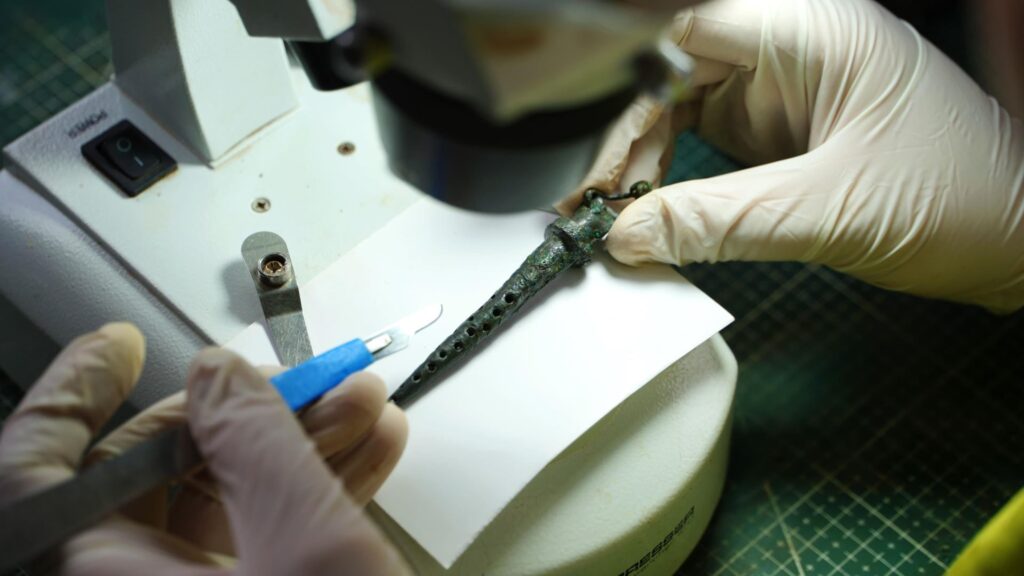
Çelikbaş described the bronze filter as conical in shape, highlighting that the carrying loop suggests it was designed for multiple uses. “It could be cleaned and stored after use, allowing for repeated usage,” he explained.
The holes in the conical bronze object acted as a filtering mechanism, underscoring its practical utility in ancient times. This design allowed for the effective separation of impurities from beverages, enhancing the overall drinking experience and demonstrating the ingenuity of ancient craftsmanship in creating functional tools for daily life.
Çelikbaş said that intensive agricultural activities were prevalent in Hadrianopolis during the fifth century A.D. He noted that these activities indicate the cultivation of various fruits, including pomegranates, apples, pears, and grapes, as well as grains such as barley and wheat. Anthropological studies have confirmed that the local population relied on these grains for consumption.
Additionally, Çelikbaş mentioned that a variety of products were produced from these agricultural goods. Evidence suggests that fruit juices and other beverages were made in Hadrianopolis. The ancient inhabitants would attach filters to the ends of straws crafted from plant materials like reeds, allowing for both filtration and a more comfortable drinking experience. Unlike today’s plastic straws, those in antiquity were made from natural materials, including bronze filters, highlighting a drinking method that was both more comfortable and healthier.
Cover Image Credit: Karabük University

